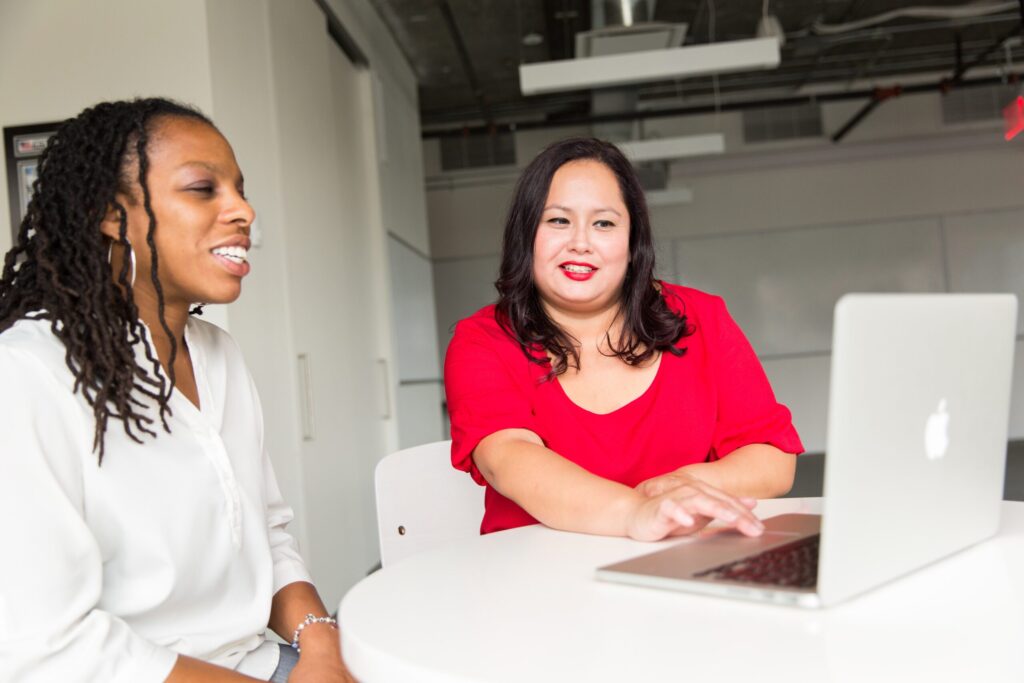Finding the right college mentor who listens to you and can help guide you is one of the best ways to enhance your college experience. Students who form good relationships with their mentors often have an easier time choosing a meaningful and rewarding career path. They may even interview better, build bigger networks, and develop soft skills that serve them well throughout their careers. So, this begs the question: how do you form a good relationship with your mentor? Here are some tips to guide you.
Meet In Person
These days, it is so easy to communicate with mentors via email, text, and phone call. As long as your mentor has told you it is okay to contact them in these ways, you should feel free. However, you do not want online communication to become a substitute for in-person meetings.
When you meet with your mentor in-person, you can read each other’s body language, and you’ll grow more comfortable with each other. This will strengthen your connection so you feel more comfortable discussing topics like your career, classes, and internship options. Make it a priority to meet with your mentor regularly – monthly or biweekly meetings tend to work well.
Tell Them About Yourself
Many students share information with their mentors about the classes they are taking, their career goals, and their grades. This is all great information for your mentor to have. But make sure you also allow your mentor to get to know you as a person. What inspires you? What goals mean the most to you? What do you like doing on the weekends? Understanding these aspects of your persona will allow your mentor to better guide you as a person, and not just as a student.
Similarly, you should feel comfortable asking your mentor questions about their interests and hobbies. If there are hobbies you share, this could be the start of a really meaningful connection.
Ask for Help With Specific Tasks
Your mentor will often have an easier time guiding and helping you if you ask for help with specific things. For example, if you have an interview coming up, you could ask them to do some mock interviews with you. Not only does this allow you to maximize on your mentor’s knowledge, but it also helps your mentor get to know your specific goals and needs a bit better. As time goes on, they’ll become better at predicting the type of help you’ll need and offering that help.
If It’s Not Right, Part Ways
Some students meet with a mentor and immediately know they’ve found their person. Others find they take a few meetings to warm up to their mentor. And still others get this sense that their mentor is someone they just don’t quite connect with.
If the latter feels true for you, don’t feel bad letting the mentor know that you don’t think it’s a good fit. They should not be offended. Not all personalities mesh well. Saying “good bye” to one mentor means you get to move on and find one who can offer more of what you need.
Forming a good relationship with your mentor does require a little work on your part. But if you put in the work, you’ll reap the rewards. If you’re still looking for a mentor who can guide and relate to you, consider joining NSCS. Our mentorship programs are one of the benefits members enjoy the most.
Learn more at info.nscs.org/mentorship-lp.org.



